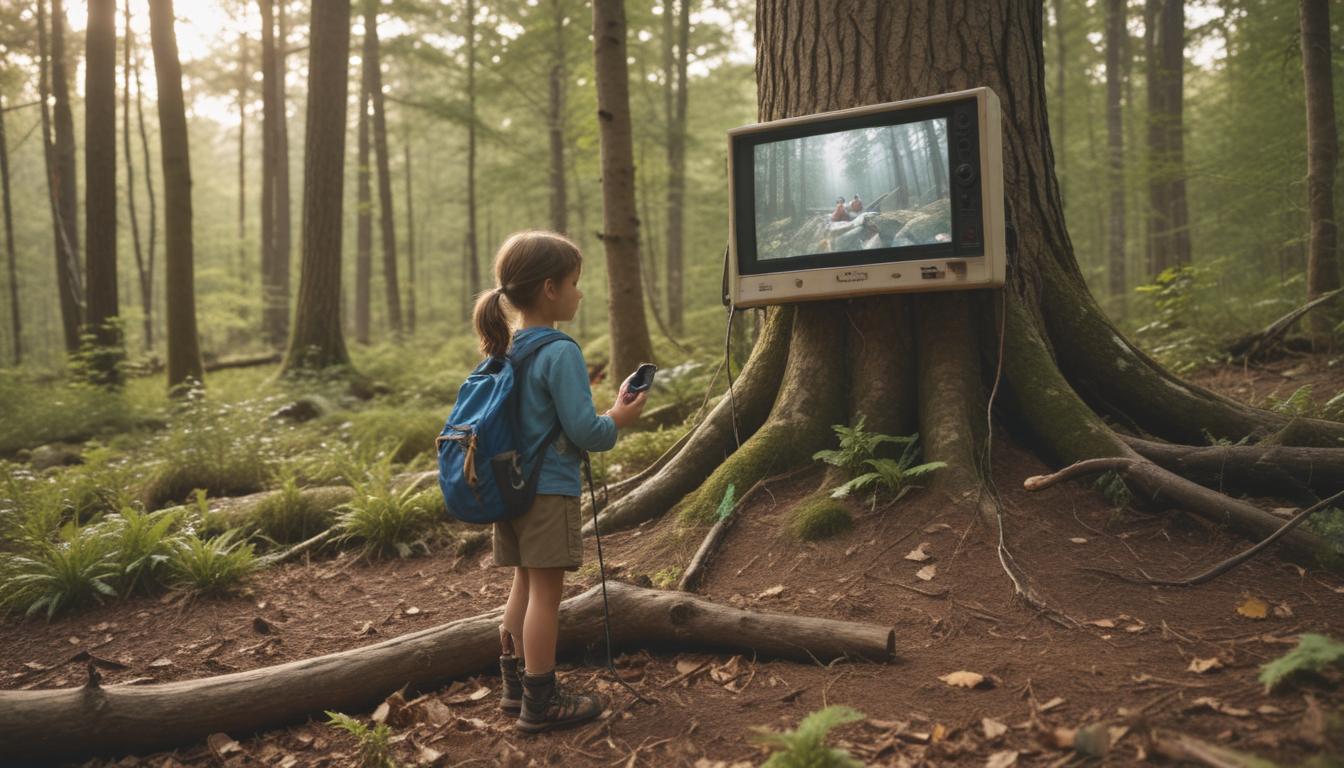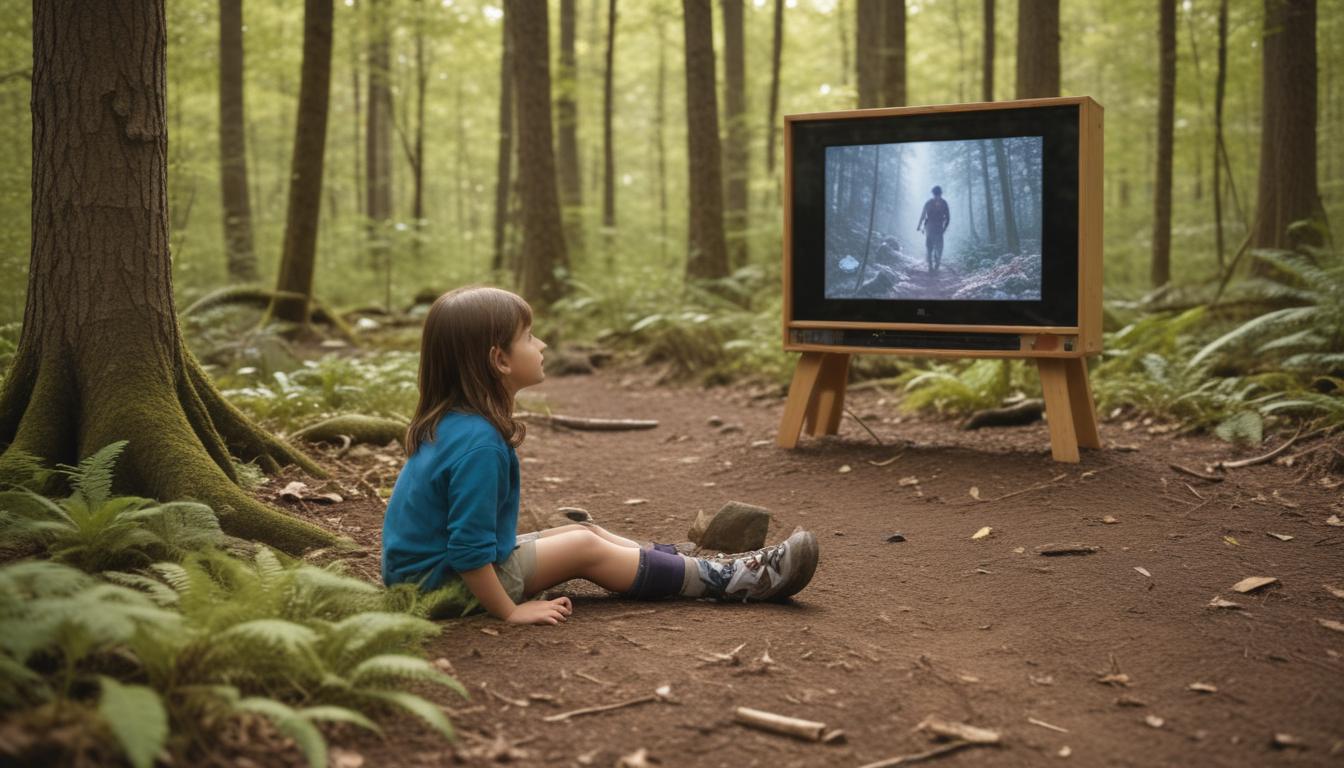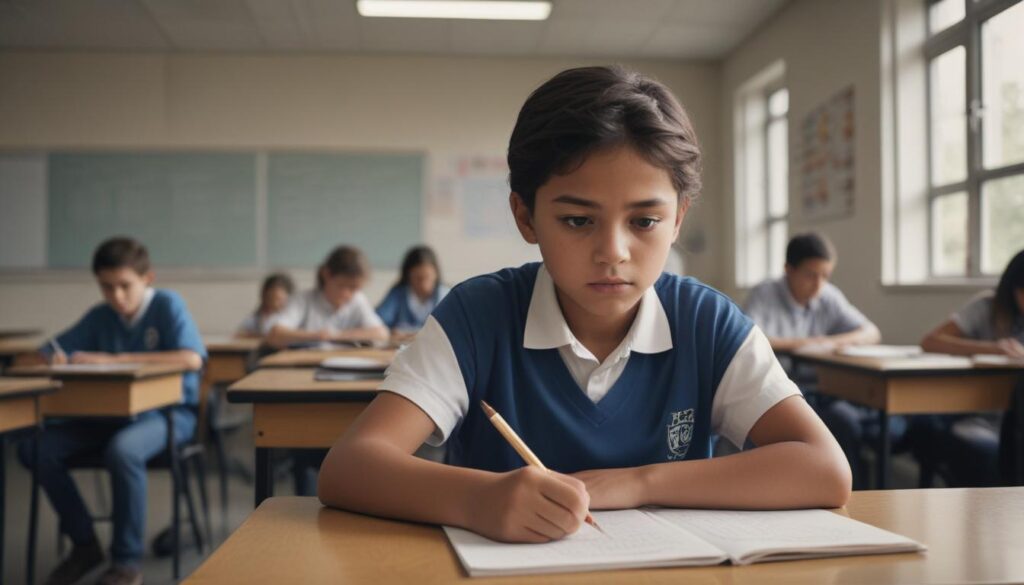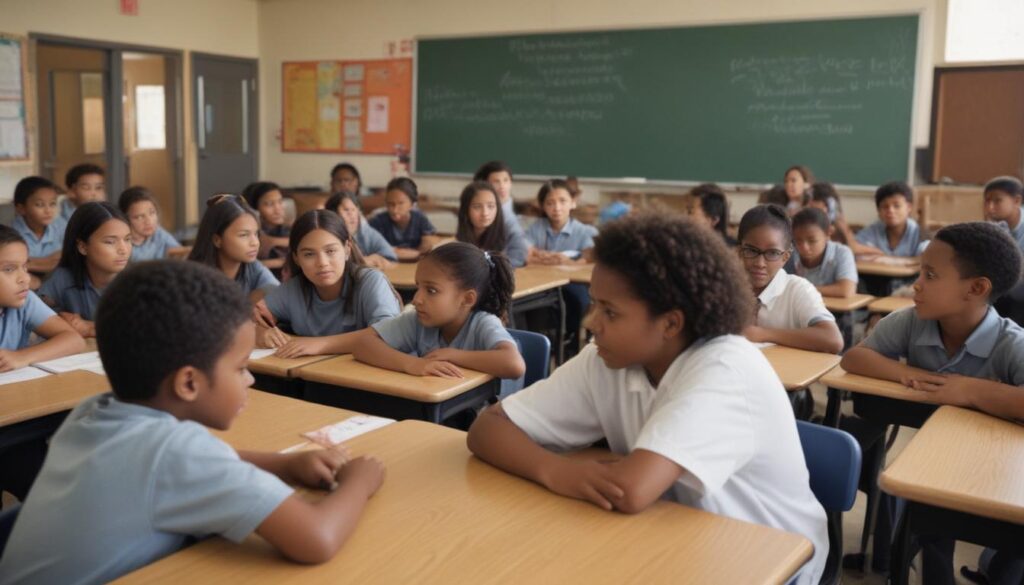Now Reading: Powerful Benefits of Outdoor Education
-
01
Powerful Benefits of Outdoor Education
Powerful Benefits of Outdoor Education

The Benefits of Outdoor Education How Nature Nurtures Growth
Are you watching your child spend more time navigating a screen than exploring the backyard? Do you worry that shrinking attention spans and a lack of real-world problem-solving skills are becoming the new normal? In a world saturated with digital distractions, many parents and educators feel a growing concern that children are missing out on fundamental experiences that build character, intellect, and health. The pressure to keep up academically can often lead to more structure and more time spent indoors, when the solution might be simpler.
What if the answer isn’t a new educational app, but a return to the oldest and most effective classroom in the world the great outdoors? Outdoor education is not just a fun break from traditional learning; it is a powerful, holistic approach to child development. It provides a rich, dynamic environment where children can grow physically, mentally, and emotionally. By trading classroom walls for a canopy of trees, we give children the space they need to become more resilient, curious, and connected individuals.
Boosting Brainpower and Creativity
When a child steps into nature, their brain lights up in a way that a sterile classroom cannot replicate. The outdoors is a multi-sensory environment. Instead of just seeing a picture of a bird, they hear its song, see it flit between branches, and maybe even find a fallen feather. This sensory richness stimulates neural pathways and fosters a deep, innate curiosity. Learning becomes an active process of discovery, not a passive one. They are encouraged to ask questions and find answers for themselves, laying a strong foundation for scientific thinking and critical analysis.
This hands-on engagement directly translates to enhanced academic skills and a surge in creativity. A child figuring out how to balance on a fallen log is learning about physics in a tangible way. A group collaborating to build a shelter is engaging in engineering and communication. Unlike a toy with a single purpose, a simple stick can become a magic wand, a measuring tool, or a bridge for ants. This type of open-ended play is the bedrock of innovation and creative problem-solving, nurturing a flexible mindset that will serve them for a lifetime.
Enhancing Physical and Mental Wellbeing
Strong Bodies and Healthy Habits
The link between outdoor activity and physical health is clear. Children who learn and play outside are naturally more active. They run, jump, climb, and crawl, developing their gross motor skills, coordination, and balance. This regular physical exertion helps build strong bones and muscles, promotes a healthy cardiovascular system, and reduces the risk of childhood obesity. Furthermore, exposure to sunlight allows the body to produce Vitamin D, an essential nutrient for bone health and immune function.
Calm Minds and Happier Kids
Beyond the physical advantages, the mental health benefits of outdoor education are staggering. Nature has a proven restorative effect on the human mind. Studies show that spending time in natural environments can significantly reduce stress, anxiety, and symptoms of ADHD by calming the nervous system and improving focus. Nature effortlessly captures our fascination, allowing our minds to rest and recharge. For a child, this means less mental fatigue, improved emotional regulation, and a greater sense of peace and overall happiness.

Building Resilience and Social Skills
Learning to Bounce Back
The natural world is an excellent teacher of resilience. Unlike a controlled indoor setting, the outdoors is unpredictable. It might start to rain, a path might be muddy, or a carefully constructed fort might tumble down. These are not failures; they are invaluable learning opportunities. Children learn to adapt to changing circumstances, cope with minor frustrations, and persevere through challenges. They learn to take calculated risks, like climbing a small rock, which builds self-confidence and a belief in their own capabilities far more effectively than a worksheet ever could.
Working Together as a Team
Outdoor education is also inherently social. Whether it’s a formal program or informal play, children frequently need to work together to achieve their goals. Navigating with a map or playing a group game requires clear communication, negotiation, and teamwork. They learn when to lead and when to follow, how to share ideas, and how to resolve conflicts constructively. These collaborative experiences foster empathy and build strong interpersonal skills, creating a foundation for healthy relationships. It’s more than just a walk in the park; it’s an investment in a capable, well-rounded, and thriving human being.




































